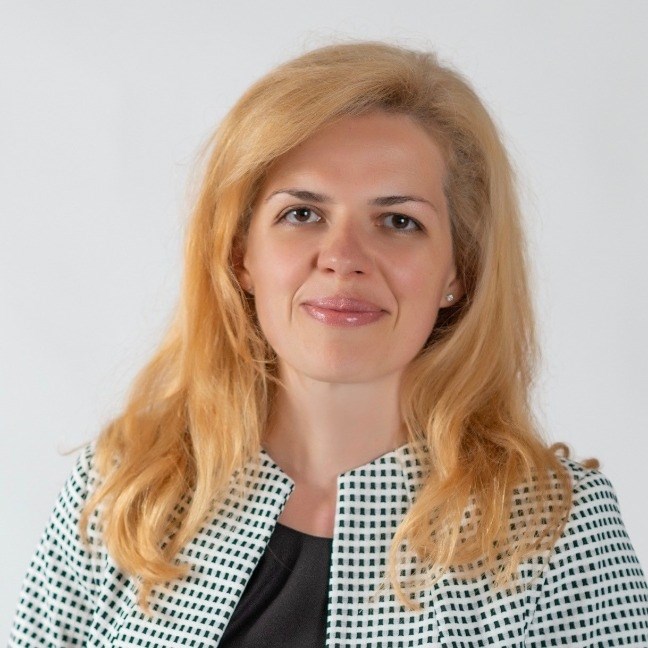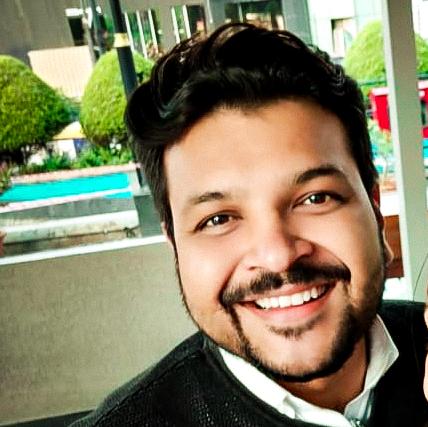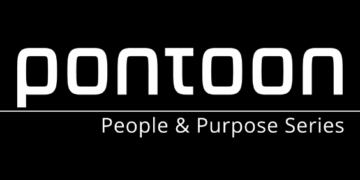People of Pontoon: Purpose Series Part 2
Video
.
At Pontoon, we drive purpose through our leadership and by creating a culture where opportunity, accountability and respect are at the core, to allow our people to find meaning in their work.
In our People & Purpose series, a selection of Pontooners share their thoughts on purpose, what it means to them and how they integrate it into their daily lives.
What drives you?

Eva Bailey: I am driven by opportunities to provide valuable input that supports my team and my business partners. In my daily work, I am empowered to contribute by providing solutions and improvements to the processes that drive accountability and support Pontoon’s mission.

Jay Eardly: Success. Completion of a project. Promoting a team member. Customer satisfaction. Contributing to a winning bid event. Running a marathon. Success has many forms but in one word, success is what drives me.

Ruzha Vateva: Success is what motivates me, my personal one, but also the team’s and company’s one. Working for a high-performing company is very important to me.

Kat Nebriaga: Healthy rivalry. A competitive work environment motivates me to be better. Being able to converse with people with opposing views keeps me interested because learning never stops. I am pleased to say I see this in my own team – among the Customer Hubs. We have fun competing but are also the first to cheer each other on and share best practices. The support is always there, and it is invigorating even in the most stressful days.

Abhishek Sharma : I work with some really smart people who are ready to take the bull by the horn if you will, always ready to take on new challenges and go above and beyond. The spirit is contagious and inspiring to say the least and that is what drives me to put my best foot forward every day.
What do you see is Pontoon’s role in the world of work?
Kat: I view Pontoon’s role in the world of work as being regarded by our competitors as the leader in our industry, compassionate employer and a #gamechanger for innovation. Pontoon delivers numerous services at a global level such as Talent Requisitioning, MSP, and Emerging Technology which have been designed to fit our client’s business needs while also positioning them to reach their strategic targets. Pontoon is powered by colleagues, who are dedicated and passionate in providing additional value and service. I view Pontoon as an employer that encourages careers growth within our organization and empowers its colleagues to make positive impacts in the community. Pontoon measures its victory from the success of its employees, clients, and partners. Considering, people are impacted by the COVID pandemic, globally, it is inspiring that Pontoon has adapted quickly by tailoring the ways we work to fit the regional impact. Pontoon’s “play collective” approach has helped us to retain our talent. As a colleague based in Asia, remote workplace is not common practice. However, Pontoon swiftly responded to the pandemic by helping colleagues and business functions continue to thrive through a readapted workplace model. I have personally witnessed Pontoon’s level of care for its employees. For all of us, this year (2020) will be unforgettable for many reasons. In future years, if someone asks me “Where were you and what did you do during the 2020 pandemic?” I will quickly reply, “I was with Pontoon and together we secured our talent and made a positive difference in the lives of many during that troubled time!”
Eva: I believe that entrepreneurial spirit of our leaders sets Pontoon apart from other organizations. I find it very inspiring that Pontoon as an organization continuously seeks innovative ways to service the clients and differentiate itself in the industry.
How do you overcome challenges and find solutions in your role?
Jay: I have a two-part answer to this. Firstly, I don’t expect that I or anyone should be expected to unilaterally solve for a business challenge. This is the greatest benefit of shared leadership. Crowdsourced solutioning by a mutually competent team will always net better results than an individual. Second, in order to contribute new ideas to the problem-solving process, I am constant learner, mostly via podcasts and reading. I also intentionally seek moments of quiet reflection to organize and synthesize ideas. As a parent, the quiet reflection part usually only happens when I’m out on a run before sunrise!
Eva: In my role, I have learned to embrace challenge as an opportunity to grow and expand my skillset. I believe I have become more adept and agile as I have worked through a variety of challenges over time. I am solution-driven, so I evaluate each problem with the mindset of solution or process development.
Ruzha: The honest answer is working through them – the sooner you begin, the easier. Of course, some require senior management or other teams’ involvement, others can be fixed by myself only. Seeing the problem from all sides helps determine best course of action.
Kat: I seek help when needed – from my own team, my peers, leaders. If things sometimes don’t work out, nothing’s wrong with correcting course. Sometimes I need to go back, pick a different and better route. Aligning Pontoon’s vision and values with my own helps me to achieve this.
Abhishek: My role is filled with challenges which is what is my primary driver. However, to overcome such challenges there is a 2 pronged approach I have – One is to adopt a customer-centric approach by analyzing the needs of the customer and determining the solution based on that and the other is by encouraging my team to ideate. Often the best ideas come from the ones who are on the ground. This also enables me to build a culture of inclusion and engagement.
How do you build meaningful relationships with colleagues & customers during remote working?
Abhishek: Lastly about the contemporary challenges around maintaining meaningful relationships with colleagues while working remote, there’s only one way to ensure that – constant communication and empathy. I try to stay in touch with my team members every single day for not just work-related agenda but also about their emotional wellbeing. In these testing times, the work schedules are all over the place and there’s little focus people have on maintaining their personal lives. I encourage people to take mental health leaves and allow them flexibility as needed to ensure that they stay fit mentally and emotionally.
Jay: Zoom happy hours! 😊 Just kidding, after 1 of those the novelty of the idea wore off. Frankly, would not offer a different answer to this question for someone working 100% remote than I would for someone working 5 days/week on-site with a customer. I build meaningful relationships by authentically prioritizing customer and team success, establishing and protecting trust within the relationship, and following through on commitments I make. The most important meetings on my calendar every week are the recurring customer meetings, the 1:1s with my team, and our program leadership team meeting. I protect those meetings against everything else vying for time. Each day I prioritize work that directly aides or benefits our customer or my team. If my team or our customer expects something from me, I ensure the response is produced in the timeline expected. I try to bring an unwavering commitment to team and customer each day. These are fundamentals that have not changed even though our work arrangements have changed.
Ruzha: It may sound obvious – transparent and timely communication and delivery. When you are not in the office and out of sight, it is easier for people to make assumptions: communicating with appreciation is, in my opinion, very important to maintain relationships while working remotely.
Kat: I make an extra effort these days to engage with people I am so used to seeing down the hallway, people I usually just smiled at or gave a friendly nod to, to let them know all is well. Something as simple as connecting with them in a short phone call, text or chat (aside from joining the usual team meetings and one on ones), asking them how things are at home and not always having to talk about work, requesting for movie recommendations… help tons in keeping colleagues and customers close and updated with each other. Hopefully, they know we genuinely care and check-in because we want to know if they are ok.
Eva: The key is to keep the lines of communication open at all time. Regular meetings, team chats or daily check-ins via instant messaging help to build and maintain my relationships with the teams. I believe there is no such thing as over-communicating, especially now that we have moved to the virtual work office.
Did you catch part 1 of the People of Pontoon series?
Related Post
Purpose has been front of mind for business leaders in recent years, but as a global pandemic sent workers away from physical locations, the importance of finding purpose in your work and aligning your values with those of your ...




